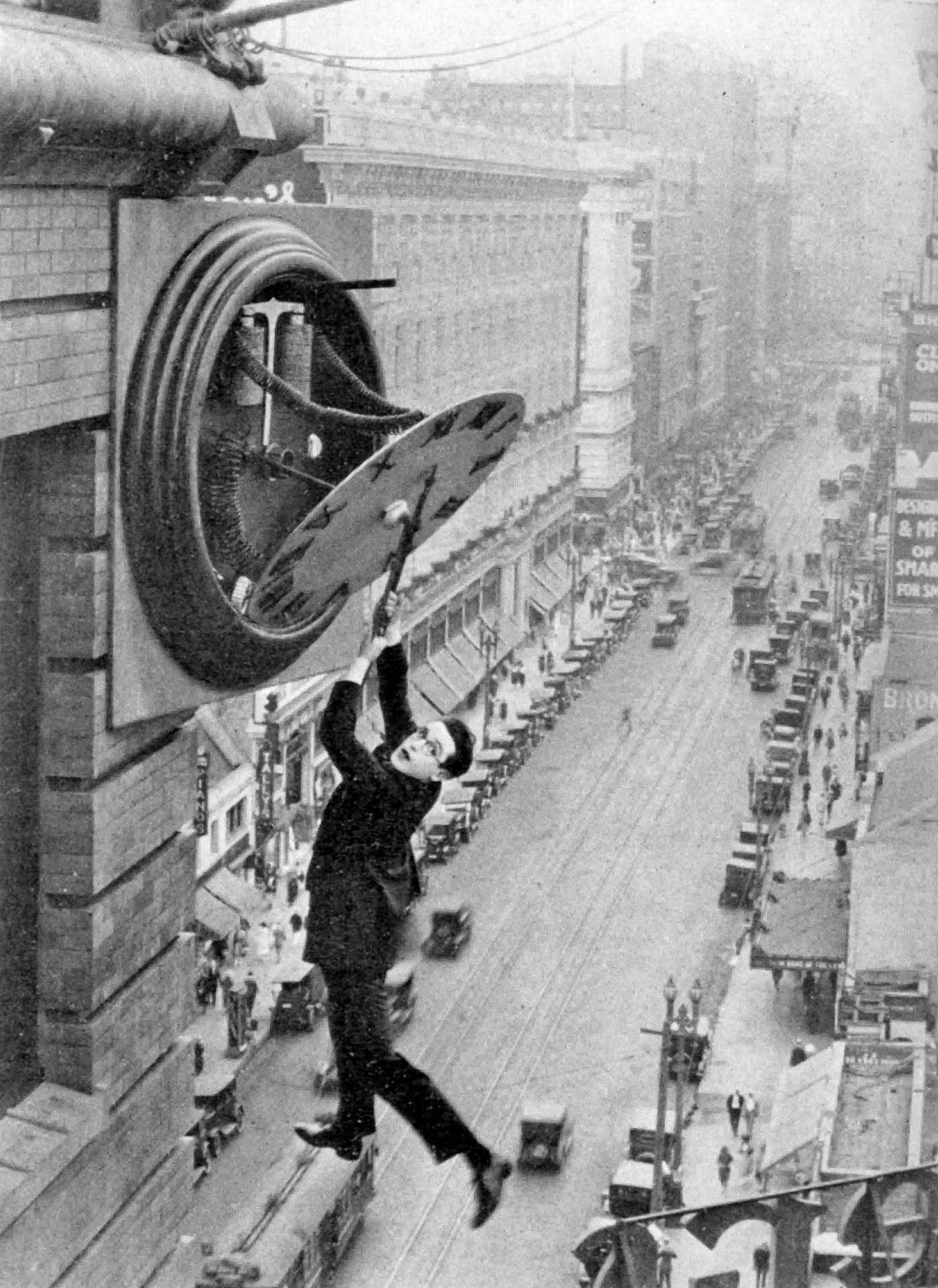Time is fleeting. It is a limited resource of unknown quantity. No one knows how much time they will have, so it is important to live a purposeful, meaningful life starting now. Too often we miss that point. We think, oh, I'll start living the life the I want or dreamed of someday soon. But, just like Creedence Clearwater Revival says, "Someday never comes."
From the time we are young, we are given empty platitudes on how we live in a world of infinite opportunities and infinite possibilities. In elementary school we are taught that we can be anything we want: a scientist, an astronaut, a fireman, etc. We are told to follow our passion, heart, dreams, desires. And then one day we wake up to realize that we are living unfulfilled lives or doing dull work. Not what we dreamed of. Magically, we did not become everything we wanted to be, and life did not turn out exactly as planned.
The advice that was given was poor advice, which only lead down dead-end streets of the self. Part of why the aforementioned advice is so bad is that it gets a person out of touch with both time and reality. Life may very well be swelling with an infinite number of possibilities, but there is only a finite amount of time each of us have on earth. If you connect those dots in your mind, automatically you realize that you can't be anything and everything you want. It is in fact an impossibility.
Years ago I read Malcomb Gladwell's Outliers, where he posits that it takes about 10,000 hours to be successful in any one thing. Give or take how you distribute and apply your time, that amounts to about 10 years of hard work and practice at that thing. Why was it that the Beatles' music so good? Among other reasons, 10,000 hours of practice. If we take Gladwell's equation to heart, we realize that time and effort is what separates an outlier (an exceptional person) from the mediocre. The truth is we can't be or do everything, because there simply isn't enough time. Therefore, it is of paramount important that we figure out how to prioritize and apply our time.
If you want to be the next virtuoso violinist, you'd better get started putting in your hours. The earlier the better, too. Gladwell also points out that starting early has an effect of compounding gains -- i.e. very young musicians pick up a new instrument, learn it quicker, stay with it longer, and end up with more opportunities down the road. Truthfully, if you want to be a virtuoso violinist and you didn't start at age five or six, well, statistically speaking, you probably won't get there.
Some of this may seem a bit depressing. The arguments and ideas here are deterministic in nature. The United States is an individualistic society, so people generally don't like to hear that numbers, hours, practice, etc. help to determine a person's possibilities/fate in the future. But, those things influence us more than we like to admit.
If this is the case, then what should be done? How can we fix our mindset to make the most of ourselves and live more purposefully?
For starters, we all need to stop living in the imagined world of infinite possibilities. Really, there is no such thing. Time is finite, and in direct relation, our opportunities are finite. In all likelihood, there are probably much fewer opportunities in life than we think of, or imagine. I will not become the next NASA astronaut, because I didn't start early enough, and didn't put in the time and practice that would lead to the opportunities that would put me on that path and heading. If I were passionate about working at NASA could I maybe squeak my way in somehow, in some capacity? Sure, only thing that stands in my way is about 10,000 hours of hard work, study, and some good networking.
But make no mistake, my chances of heading into space as top scientist or astronaut, well, those odds are astronomically stacked against me.
If you have read this far, you may be wondering, is there a silver lining to this cloud? Of course there is. There may be an infinite amount of possibilities in the universe, but time will always be finite. Therefore, it is important to make the most of it by capitalizing on our strengths and passions, and making the most of the opportunities we make (with pluck) and the opportunities that come our way (with luck). When you line up these principles and live accordingly, you will have a better shot at living a more meaningful, purposeful life.
None of this is meant to deter anyone from doing anything they want to do, rather it can be used as a lens to help narrow in on what is
important, what you are passionate about, and what you are inspired to
do. Aristotle said, "we are what we repeatedly do." With this in mind, it is clear that one should not wait for time, but rather make time, whether it be for our passions, goals, loved ones, friends, etc. -- even if it is only for a short time each day. Bend time to fit your purposeful living and aspirations. That is how you make the most of the finite time you have been blessed with.

No comments:
Post a Comment